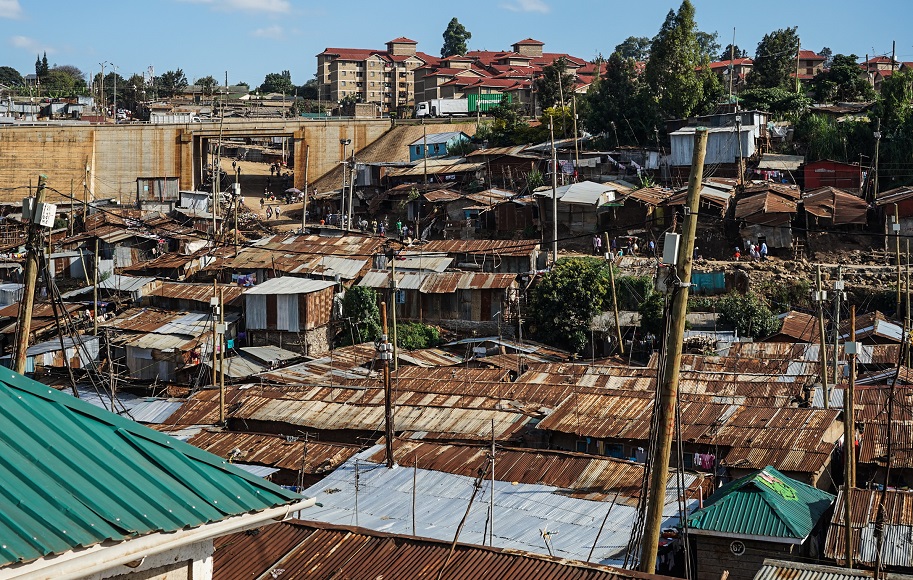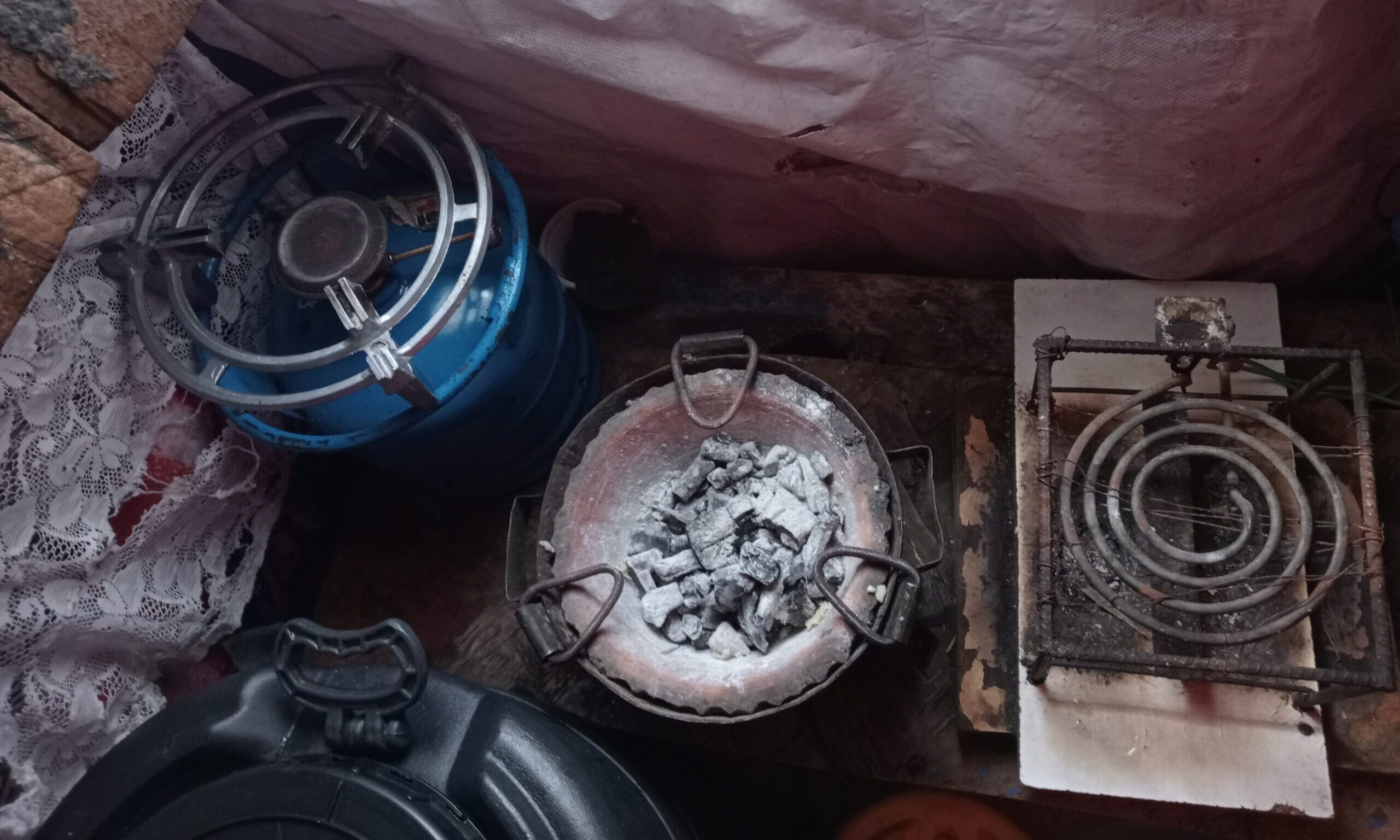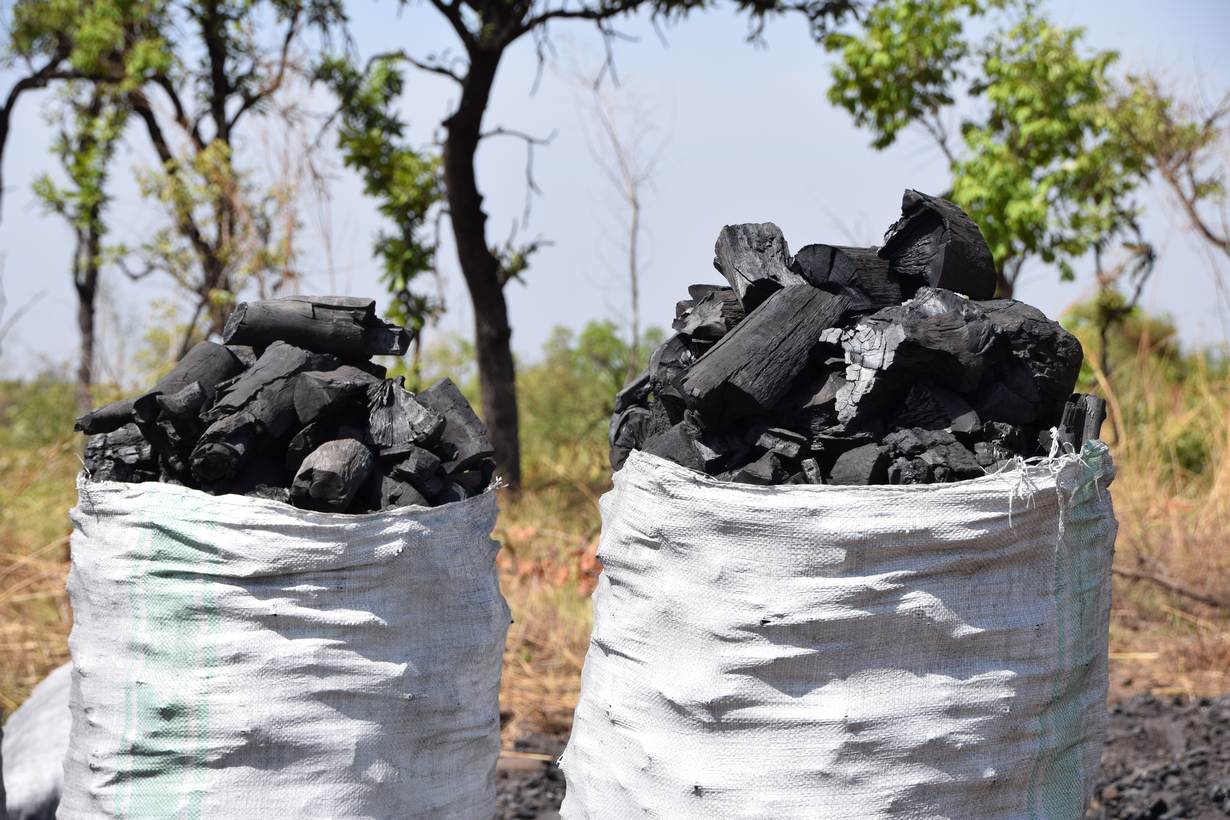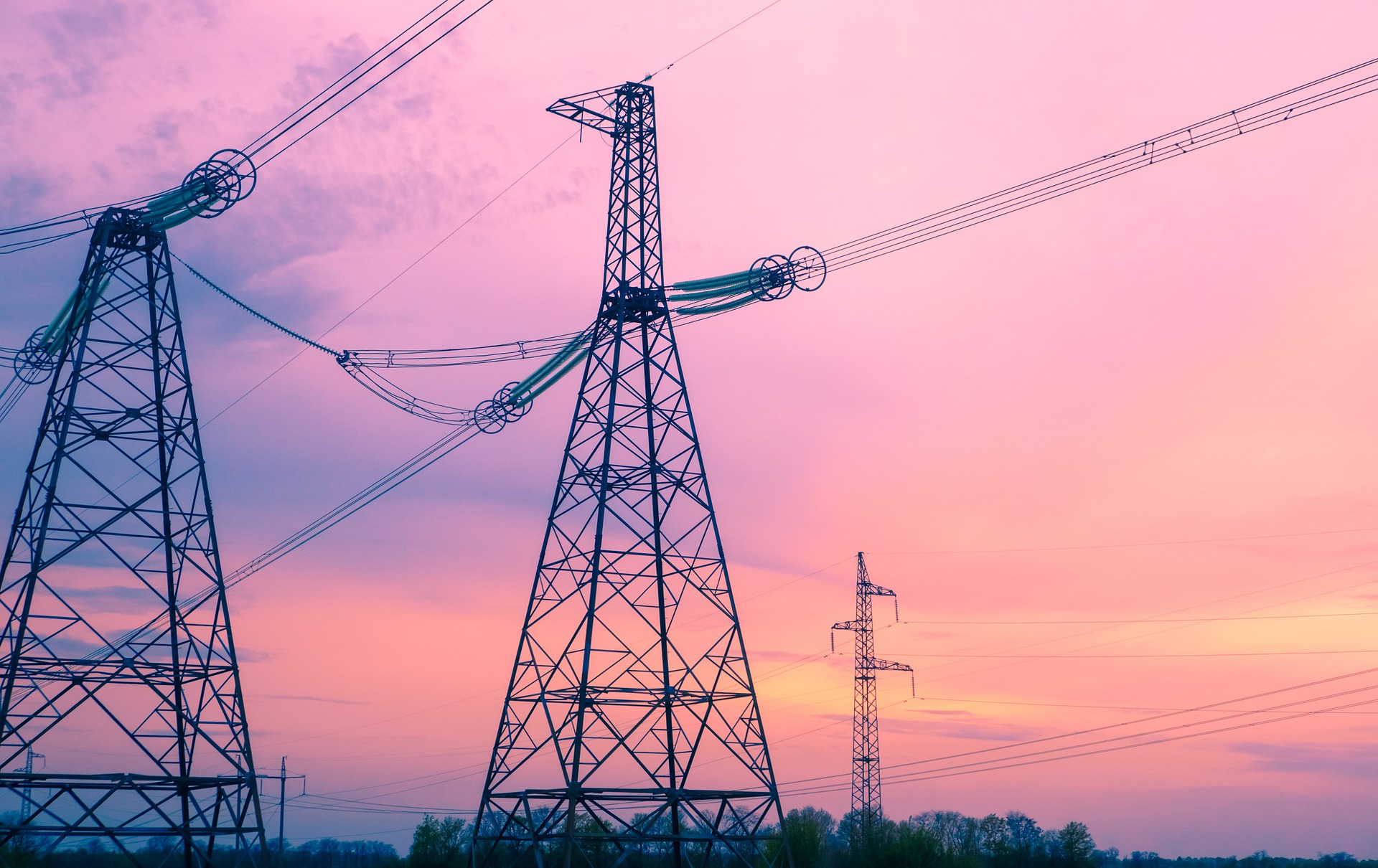project details
Building Innovation Systems to facilitate Transformations in Modern Energy Cooking Services (MECS)
Research Area
Project Status
Completed
Start Date
Jan 2021
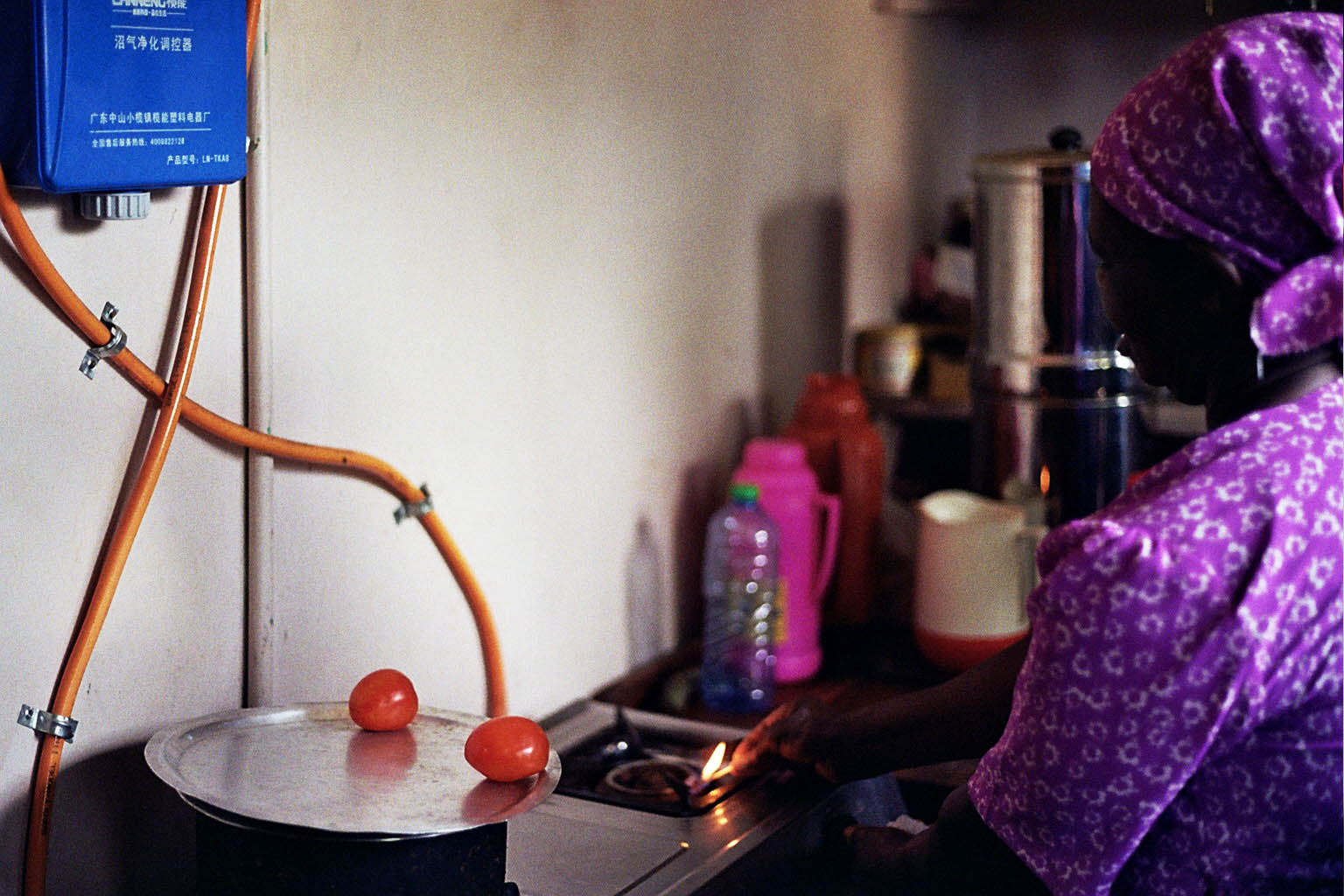
Project Overview
This research aimed at capturing historical and ongoing efforts to stimulate the adoption and diffusion of electric cooking, among them, research and development (R&D), quality assurance, market development, financing, education, advocacy and policy support.
This research project focused on delivering two key things: 1) empirically grounded maps of existing innovation systems of relevance to MECS in 3 countries, their constituent strengths and weaknesses, and the potential pathways to transforming them; and 2) an empirically grounded, practical framework through which such impact can be achieved. The aim was to provide, by the end of three years, a concrete basis upon which the broader MECS programme can action transformations in modern energy cooking services.
The work was divided into two streams:
- Mapping the existing innovation system in relation to MECS and identifying pathways to transformation, and opportunities for impact.
- Articulating a practical mechanism through which the broader MECS programme can action this transformation.
The work focused on Kenya, Tanzania and Rwanda, three countries that has been identified by the broader MECS programme where there is some nascent potential.
The research deployed the Socio-Technical Innovation Systems conceptual approach developed from in-depth historical analysis on the solar home systems markets in Kenya and Tanzania.
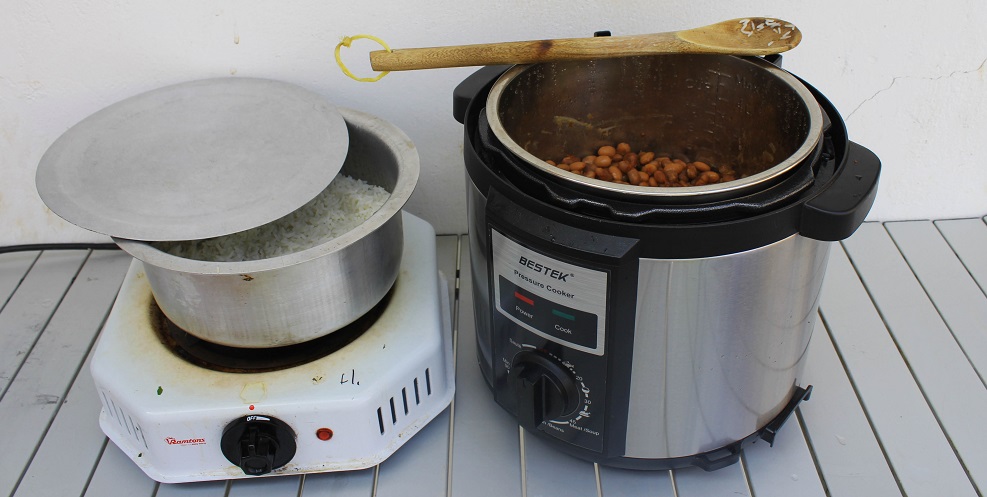
Methodologies
The research takes forward the conceptual approach described as socio-technical innovation systems building, which was developed on the basis of in-depth historical analysis at Sussex on the solar home systems markets in Kenya and Tanzania, and on broader work on low carbon energy technologies in India and China, as well as insights from various literatures including innovation studies and socio-technical transitions theory.
We operationalised the Participatory Impact Pathways Analysis (PIPA) method to map the existing innovation systems and identify existing pathways through which the MECS programme and the stakeholders it convenes might impact on these. This was followed by in-depth, semi-structured interviews to develop a more detailed picture of the strengths, weaknesses, and opportunities around MECS in each country.
The research team sought to intersect directly with existing and future research (at Loughborough) convened under the MECS programme on social practices around cooking in order to ensure the outputs of this stream are aligned with, or realistically seek to influence, existing cooking practices.
Outputs
Electric cooking in Rwanda: an actor-network map and analysis of a nascent socio-technical innovation system. R Byrne, B Onjala, JF Todd, E Onsongo, V Chengo, D Ockwell, J Atela. MECS Working Paper
Electric cooking in Tanzania: an actor-network map and analysis of a nascent socio-technical innovation system. R Byrne, E Onsongo, B Onjala, JF Todd, V Chengo, D Ockwell, J Atela. MECS Working Paper
Electric cooking in Kenya: an actor-network map and analysis of a nascent socio-technical innovation system. R Byrne, E Onsongo, B Onjala, V Chengo, JF Todd, D Ockwell, J Atela. MECS Working Paper
Transforming Access to Clean Energy Technologies in the Global South: Learning from Lighting Africa in Kenya. D Ockwell, R Byrne, J Atela, V Chengo, E Onsongo, J Fodio Todd, … Energies (14), 4362
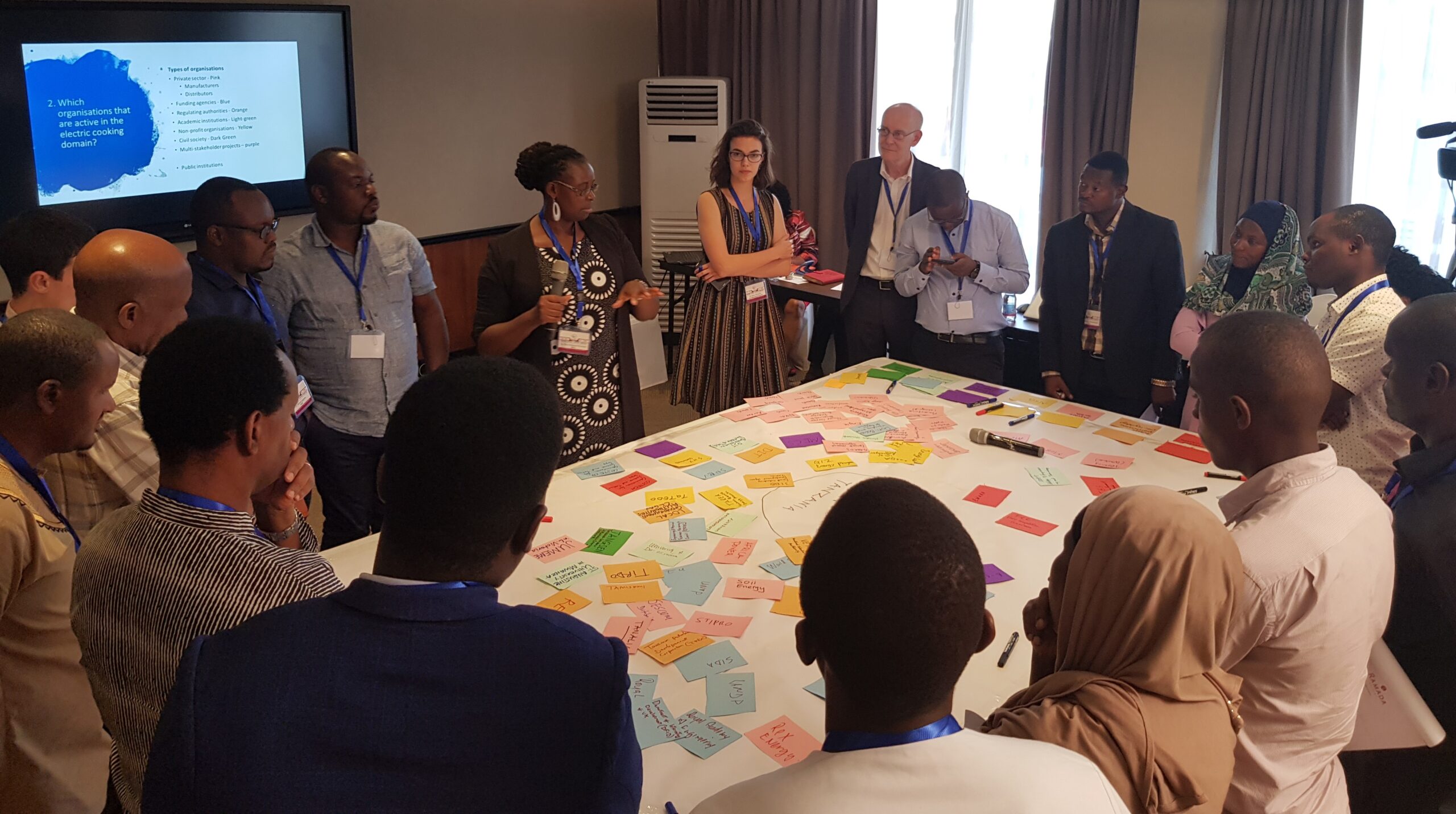
Partners
See More Projects
Physical Address
No. MK088, Ushindi West Avenue,
Mukuyu Rd (Mukuyu West Wing), Thome 1
Nairobi, Kenya
Organization
Subscribe for newsletter & get news, events and publications updates
Contact Us
Office Tel: (+254) 20 8009928 |
Mobile: (+254) 706 324 467
© 2026 Nuvoni Research

